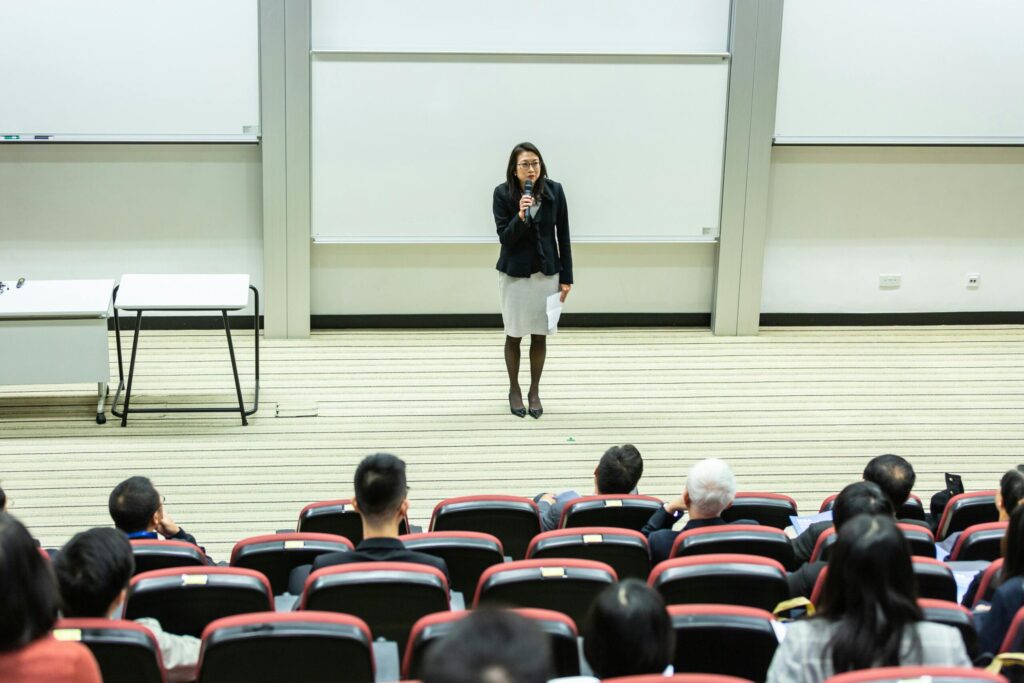The H-1B program has become a political and economic flashpoint. This article argues from a conservative perspective that H-1B must be cleaned up or even ended, and it rejects any special carve outs for colleges and universities that would undercut American workers and fair hiring practices.
The H-1B visa was created to fill genuine tech and specialty shortages, but over time it has been stretched into a tool that too often rewards cheap labor rather than true scarcity. What started as a targeted program now powers an ecosystem that can ship jobs overseas, depress wages, and prioritize employer convenience over patriotic hiring. A candid look at the program shows it needs decisive reform or elimination to restore market integrity.
American workers have felt the squeeze as an influx of H-1B holders changes employer incentives when hiring and compensation decisions are made. Employers facing a steady stream of foreign labor have less reason to invest in training and paying domestic talent at competitive rates. From a conservative view, public policy should protect opportunity for citizens and legal residents first, not create an environment where labor is commoditized across borders.
Colleges and universities increasingly ask for exemptions or preferential treatment under the H-1B rules, arguing that academe operates under different needs. That logic is dangerous because it creates two classes of employers: those who must compete for American employees and those who get special access to foreign labor. Granting higher education special status would be unfair to private industry and to workers who watch jobs and wages shift away from them.
There are documented cases where the program has been misused by third party contractors and even academic departments that outsource roles or hire temporary specialists in ways that avoid long-term commitments to American staff. Fraud and evasive practices have shown up in filings that stretch the definition of specialty occupation. Republicans advocating for strict enforcement are right to insist on audits, penalties, and clear standards that prevent gaming of the system.
Policy fixes should center on prioritizing American applicants, tightening the definition of specialty skills, and restoring the original intent of the program. That means tougher certification tests for employers, shorter and more conditional visa durations where appropriate, and a cap structure that reflects real, validated shortages. It also means no automatic carve outs that let colleges hire on terms unavailable to private employers or the American workforce.
Long-term economic health depends on rebuilding domestic pipelines in STEM and professional fields through apprenticeships, scholarships, and incentives for companies to train Americans. Rather than outsourcing skill development, conservatives favor investment in the American workforce so employers can hire from a deep, qualified domestic pool. That strengthens national competitiveness without sacrificing jobs and wage standards.
Immigration policy must balance openness with responsibility and enforceability. A program that privileges certain institutions undermines confidence in the rule of law and invites resentment among workers who see few protections. Ensuring H-1B serves narrow, documented needs and not as a backdoor to broad labor market substitution protects both national interests and the dignity of American work.
Allowing higher education to claim blanket exemptions would set a precedent that weakens labor standards across sectors. The choice facing lawmakers is stark: restore strict limits and oversight to preserve opportunity at home or permit special treatments that hollow out the protections ordinary Americans expect. The stakes are practical and political, and they deserve straightforward attention rather than preferential loopholes.



